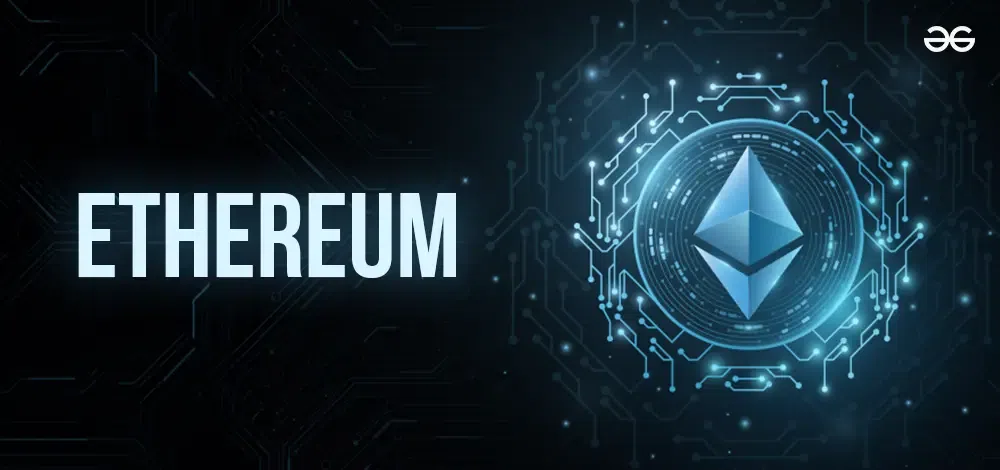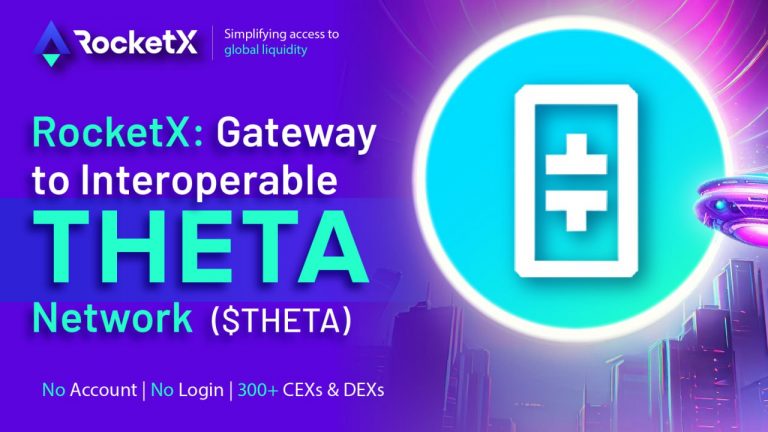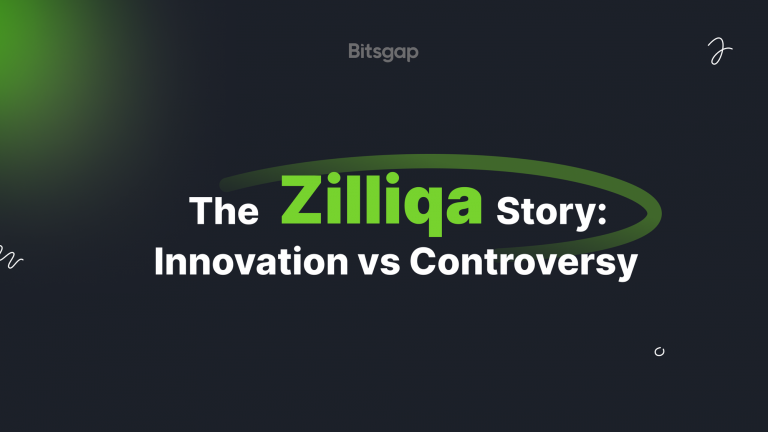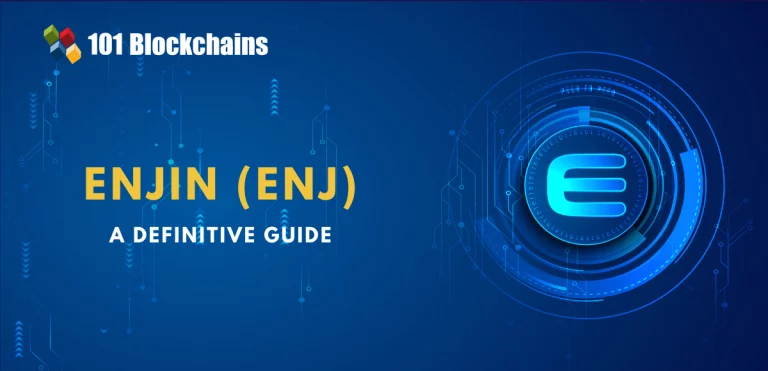
Ethereum The Blockchain Beyond Bitcoin
Ethereum, a decentralized platform built on blockchain technology, has emerged as a leading competitor to Bitcoin. While Bitcoin primarily focuses on digital currency, Ethereum offers a much broader range of functionalities, making it a platform for developing and deploying decentralized applications (dApps).
The Birth of Ethereum
Vitalik Buterin, a Russian-Canadian programmer, founded Ethereum in 2015. Inspired by Bitcoin’s success, Buterin sought to create a platform that could be used to build a wide range of decentralized applications, beyond just digital currencies. Ethereum’s blockchain technology, known as the Ethereum Virtual Machine (EVM), provides a programmable platform for developers to create smart contracts and decentralized applications.
How Ethereum Works
Ethereum operates on a proof-of-stake consensus mechanism, which is different from Bitcoin’s proof-of-work. In proof-of-stake, users stake their Ethereum tokens to validate transactions and secure the network. This is more energy-efficient than Bitcoin’s proof-of-work mining.
Ethereum uses a programming language called Solidity to create smart contracts. These self-executing contracts with terms directly written into code are deployed on the Ethereum blockchain, providing a secure and transparent way to automate agreements and transactions.
The Benefits of Ethereum
Ethereum offers several advantages over other blockchain platforms:
- Smart Contracts: Ethereum’s ability to execute smart contracts enables a wide range of decentralized applications, from financial services to supply chain management.
- DApp Development: Ethereum provides a platform for developers to create decentralized applications that are resistant to censorship and manipulation.
- Scalability: Ethereum is constantly evolving to improve its scalability and transaction speed.
- Community: Ethereum has a large and active community of developers, researchers, and enthusiasts.
The Challenges of Ethereum
Despite its many benefits, Ethereum also faces some challenges:
- Scalability: Ethereum’s scalability has been a concern, as the network can become congested during periods of high activity.
- Gas Fees: Transactions on the Ethereum network require gas fees, which can be expensive, especially during peak times.
- Competition: Ethereum faces competition from other blockchain platforms, such as Solana and Cardano, which offer similar functionalities but may have different advantages.
The Future of Ethereum
The future of Ethereum is promising, with ongoing developments aimed at addressing its challenges and expanding its capabilities. The Ethereum 2.0 upgrade, which is currently in progress, is expected to significantly improve scalability and reduce transaction costs. Additionally, Ethereum’s versatility and strong community make it a leading contender in the blockchain space.
In conclusion, Ethereum is a powerful and innovative platform that has the potential to revolutionize various industries. Its ability to create decentralized applications and smart contracts offers a wide range of possibilities. As Ethereum continues to evolve, it will be interesting to see how it shapes the future of the blockchain ecosystem.



